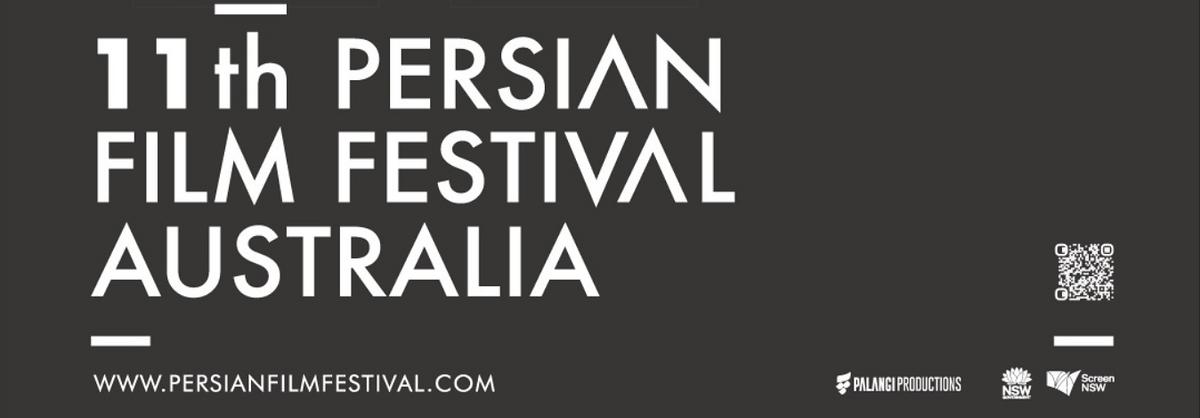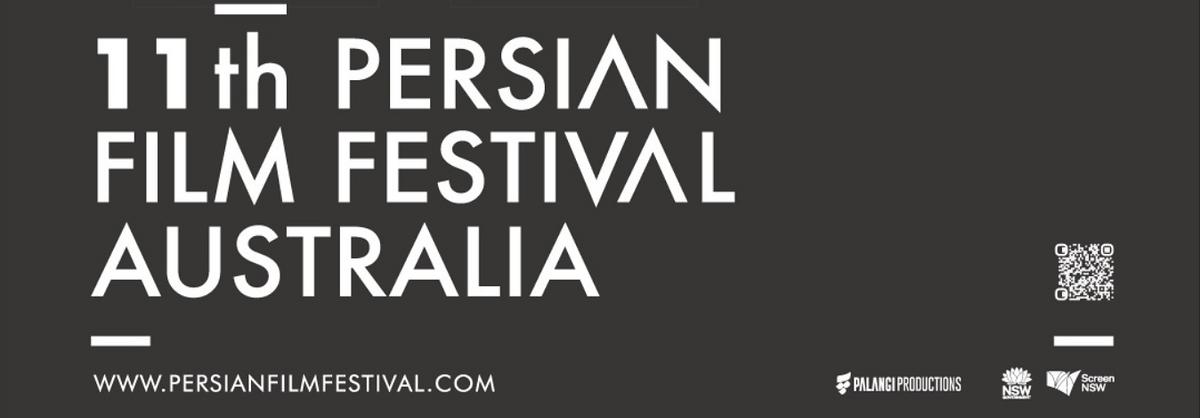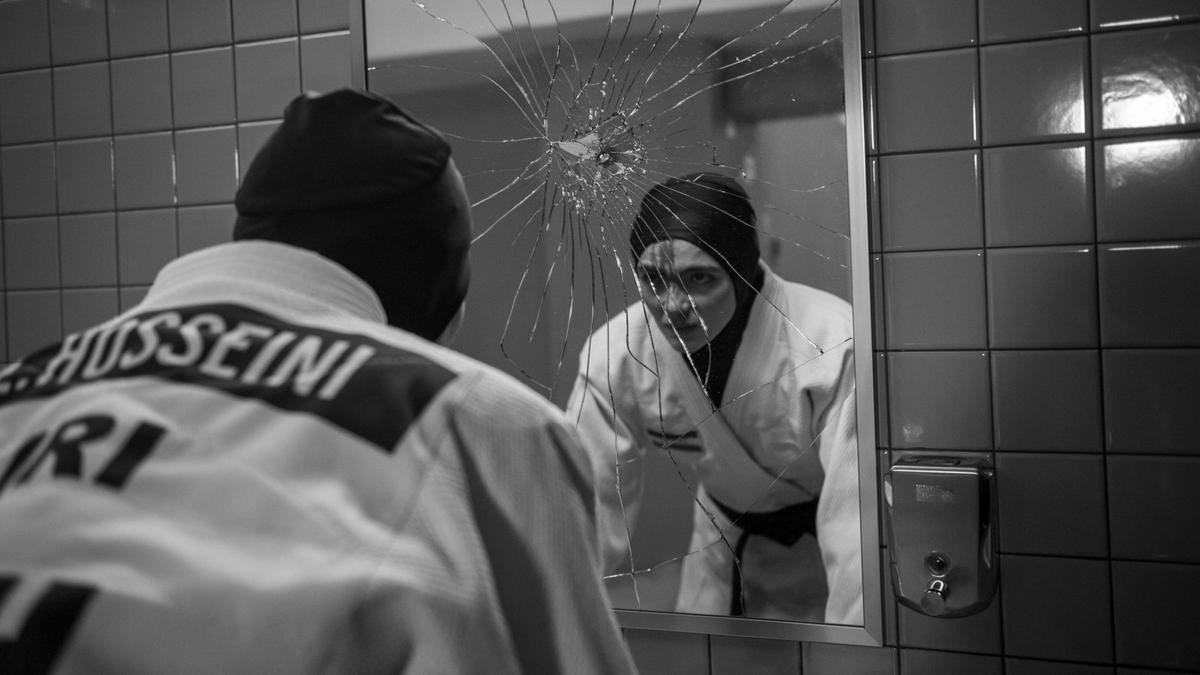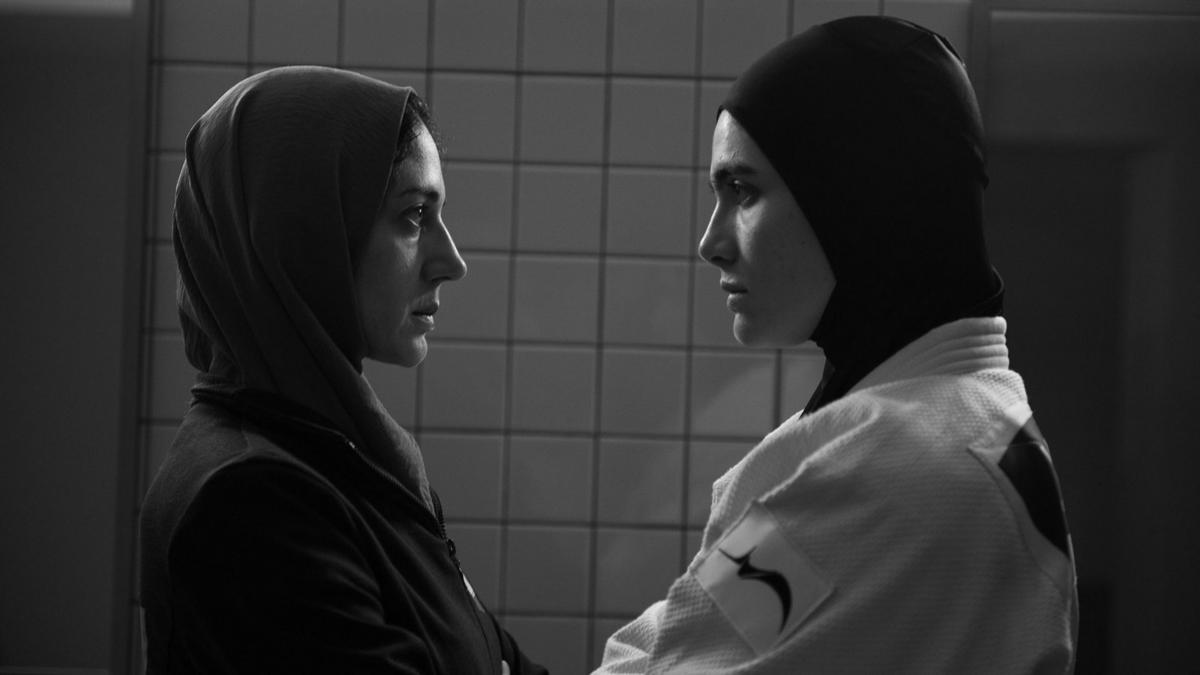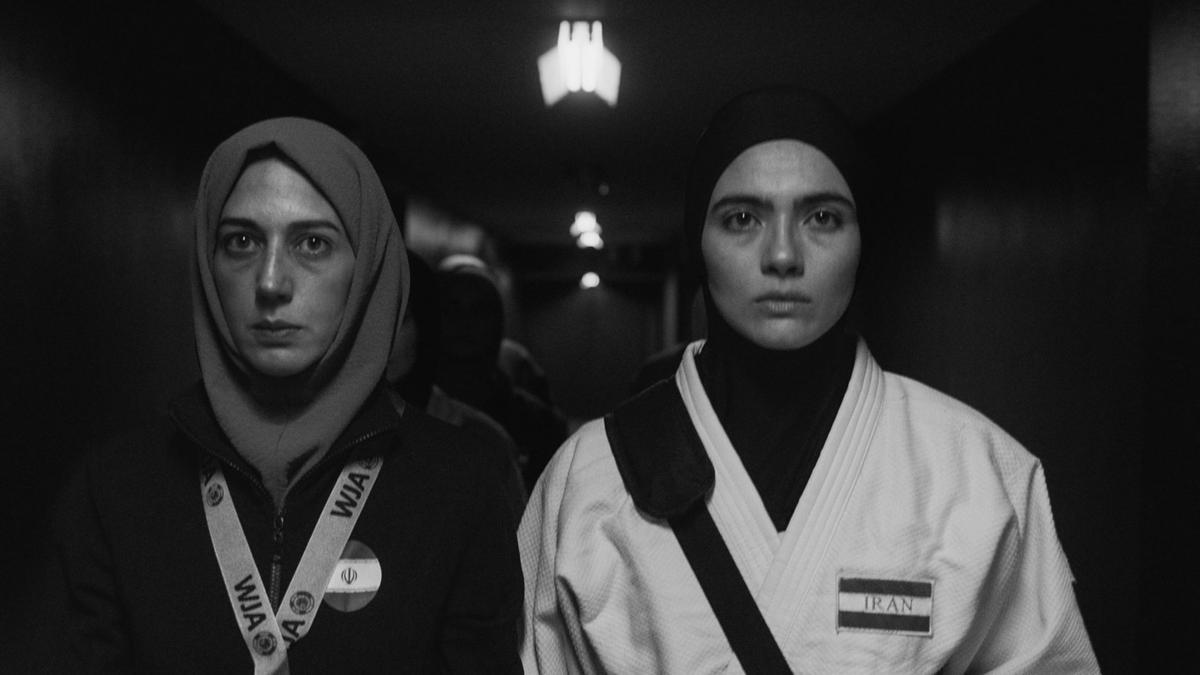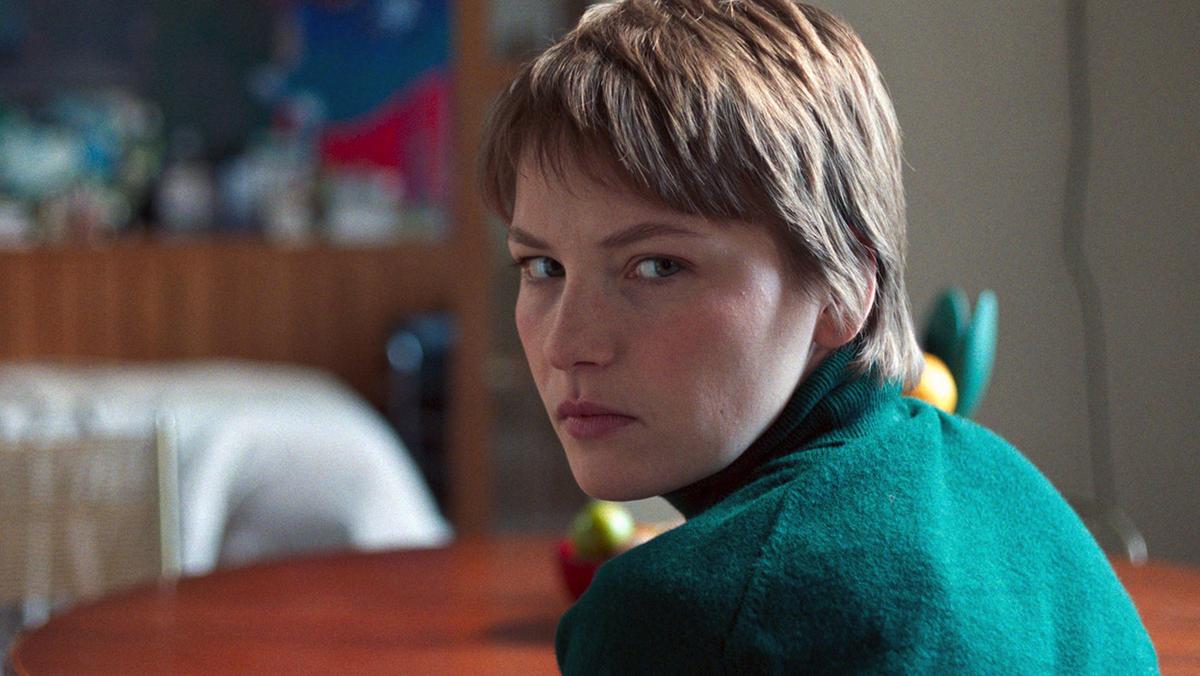The Great Yawn of History is a multi-layered debut piece written and directed by Aliyar Rasti, featuring as part of the 11th Persian Film Festival, Australia. Opening in Sydney and then touring both Melbourne and Armidale from the 24th of April to the 11th of May 2025, the program includes an official competition of feature and short film categories, which culminates in the Festival Jury presenting the Golden Gazelle Award to the best film in each section.
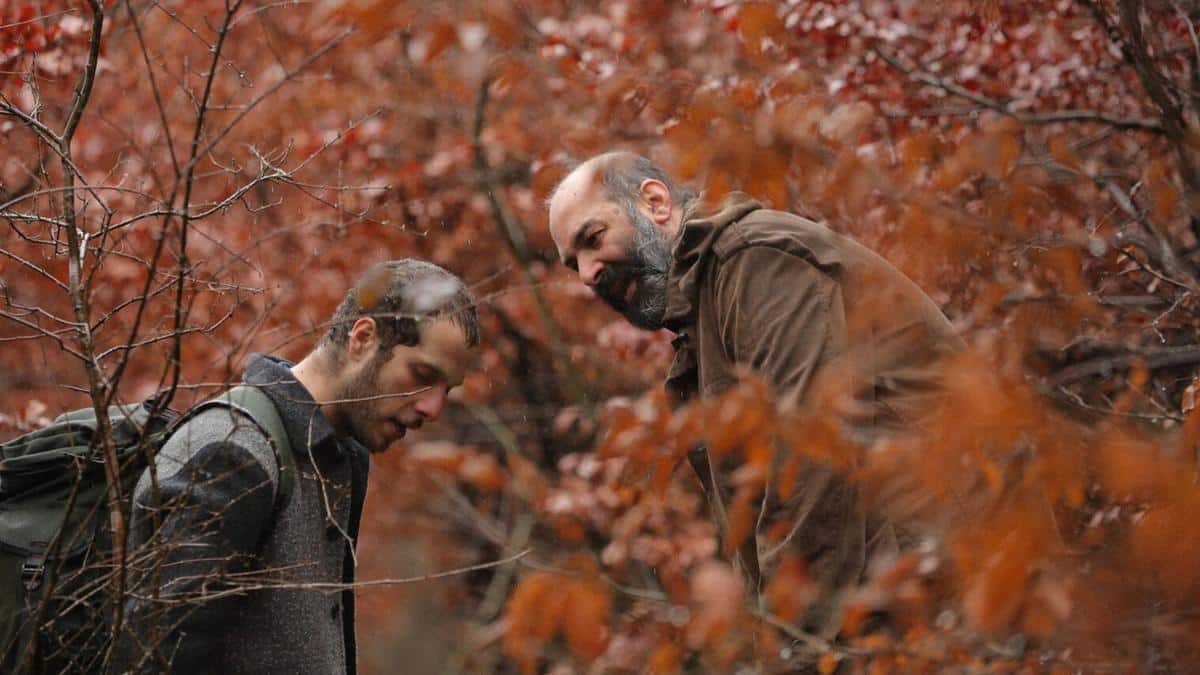
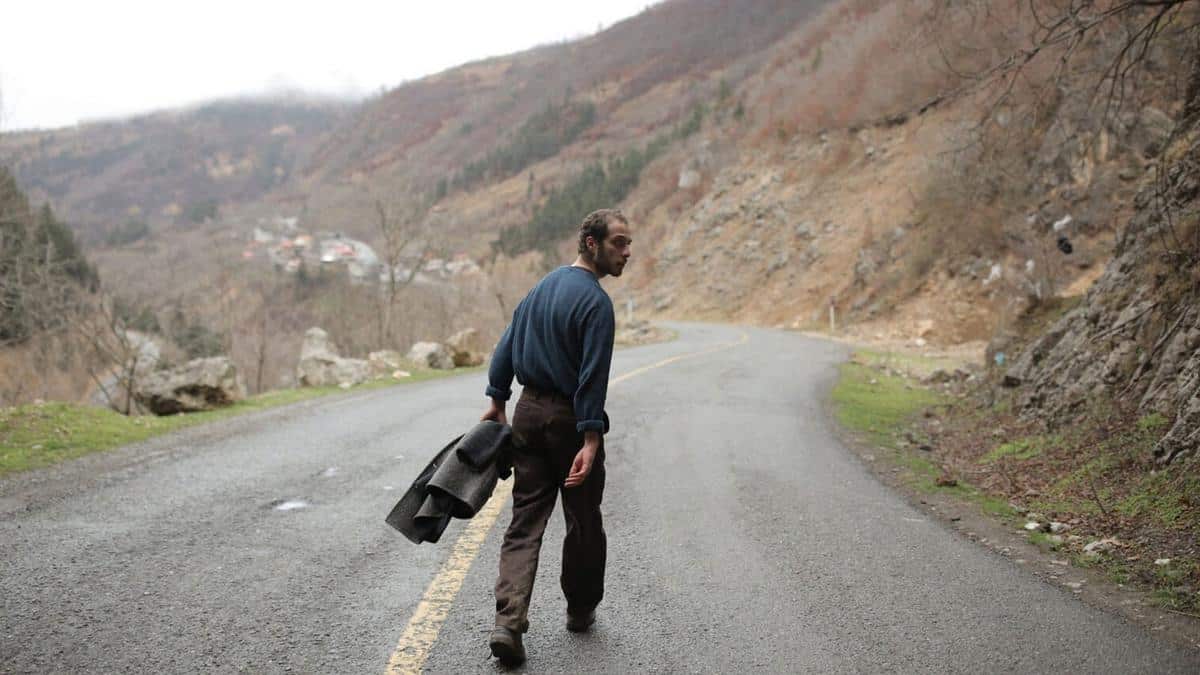
Staring Mohammed Aghebati known for When There Were Trees (2023) A Hero (2021), They (2018) and as the Director for 1001 Frames (2025), and Amirhossein Hosseini, an Iranian actor and visual artist, known for his diverse performances in cinema and theatre, The Great Yawn of History follows the journey of Beitollah (Mohammed Aghebati), a religious man who experiences constant and vivid dreams of finding gold coins at the end of a dark cave.
His religious beliefs mean that recovery of this lost treasure is haram, or more specifically, ‘sinful’, and therefore religiously forbidden in Islam. Due to this, Beitollah engages the assistance of the agnostic Shoja (Amirhossein Hosseini) to travel with him as he grapples with his ethical, moral and religious beliefs.
Throughout their journey, both actors bring different energies to the roles as they unpack the complex and specific character types – Aghebati expertly delivers an overbearing, sharp and to-the-point performance while Hosseini’s burdened posture translates into a believable portrayal of the worn-out and sceptical companion.
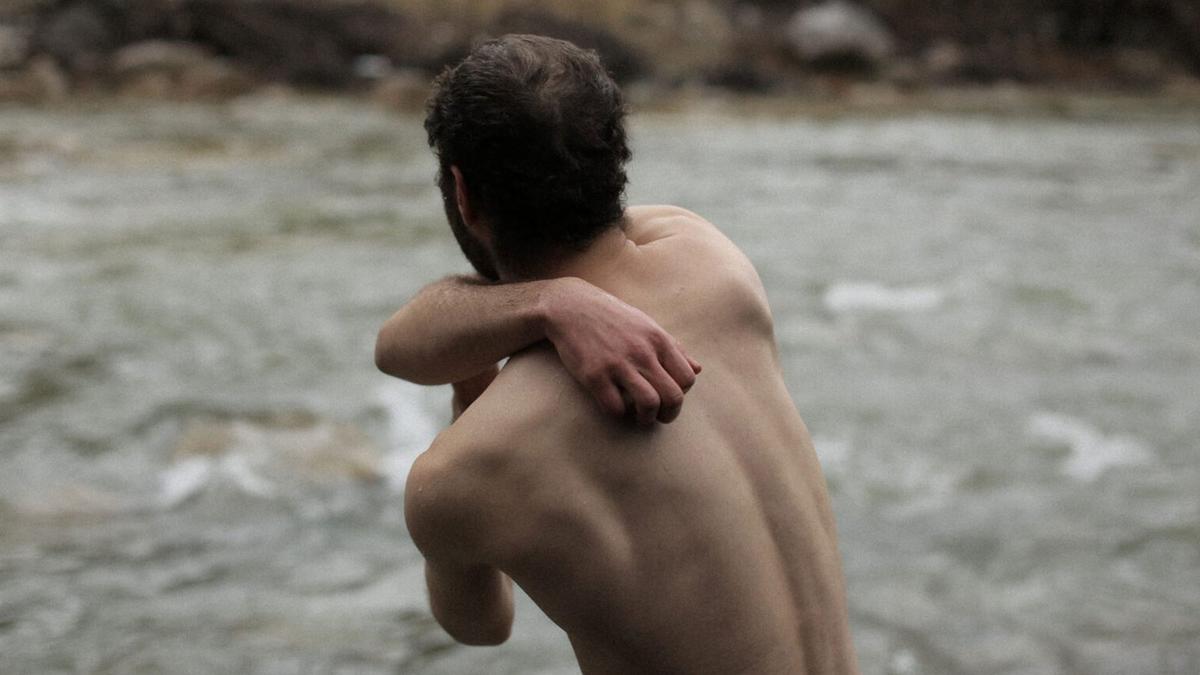
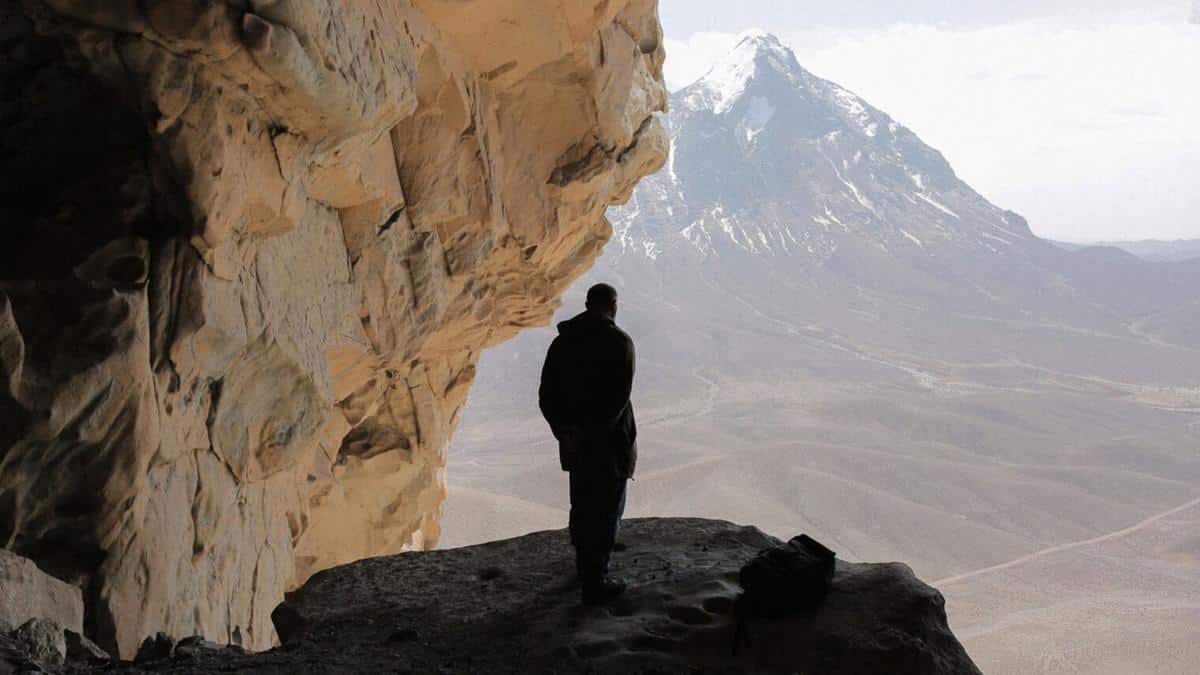
Iran’s staggering unemployment is also reflected in the manner in which Shoja is chosen for the task as Beitollah drops fake $100 bills on the street knowing that only a non-believer would pick up money found in this way, leading to the paradox lying at the heart of the storytelling – a contrasting moral dilemma – just the thing needed to ensure a successful and purposeful outcome.
Rasti combines faith and superstition with visually engaging cinematography that effectively displays the harsh landscape of Iran, providing the viewer with insight into its reality. Some prior knowledge of the Muslim religious belief system may be advantageous for a deeper connection to this meditative journey; however, this is not a ‘must’ to be able to discern the conflict of the opposing beliefs that are portrayed in this partnership and journey.
The Great Yawn of History is a slow and steady burn full of multidimensional layers.
The Persian Film Festival will run from 24 April to 11 May 2025 in Sydney, Melbourne, and Armidale. For session details and to book tickets to this and other films, please visit https://www.persianfilmfestival.com.
